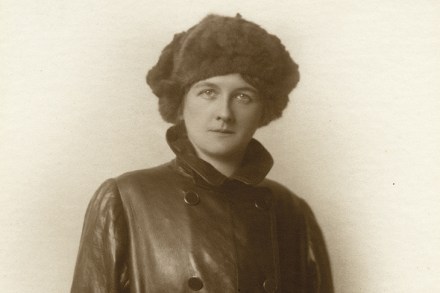A passion for moths – and the thrill of the chase
Over the years, I too have regularly been meeting with moths. So far, I have encountered 891 species just in my own garden in Sussex. But most of these moths came to me: I have an ancient metal Robinson trap, inherited from my grandfather, which lures them to a mercury vapour bulb. Katty Baird, how-ever,




















